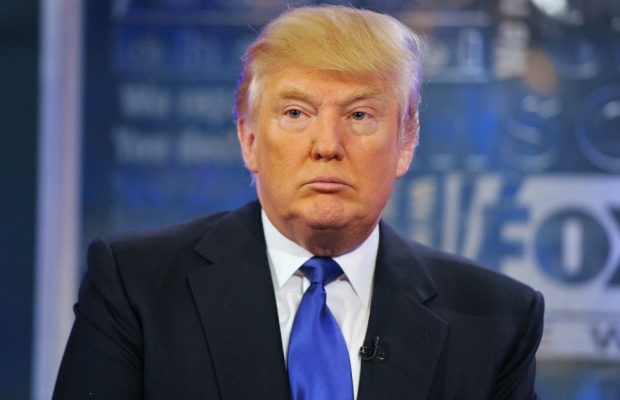Donald Trump has become only the third president of the United States of America to be impeached.
Trump was impeached on Wednesday by the House of Representatives because of abuse of power by use of federal government and taxpayer money for personal and political gain and for obstructing inquiry into his links with Ukraine.
SENATE TRIAL
The two other presidents impeached before him are Andrew Johnson and Bill Clinton.
However, neither of the two were removed from office via the impeachment process.
The impeachment does not mean that President Trump has been removed from power.
So what happens next?
A Senate trial.
The landmark votes on Wednesday set up a likely January trial in the Republican-controlled Senate.
The articles of impeachment is expected to be sent to the Senate, where senators will consider evidence, hear witnesses and vote to acquit or convict the president.
The Chief Justice of the United States presides over the trial where Senators act as jurors.
REMOVAL FROM OFFICE
For impeachment of the president a two-thirds majority vote is required in the 100-member Senate to convict and remove a president from office.
A conviction appears unlikely in the case of Trump.
The composition of Senate is made up of 53 Republicans, 45 Democrats and two independents who caucus with the Democrats.
At least 20 Republicans would have to vote with all Democrats and the two independents to remove the president from office.
No date for a Senate trial has been set, but Senate Majority Leader Mitch McConnell has said it will be the chamber’s “first order of business” upon returning to Washington, DC, in the new year.
Senate Democrats have proposed a trial plan that would see proceedings begin on January 6, 2020.
In the unlikely event that the Senate convicts and removes Trump from office, Vice President Mike Pence would become president and complete Trump’s term, which ends on January 20, 2021.
Credit:NairobiNews




